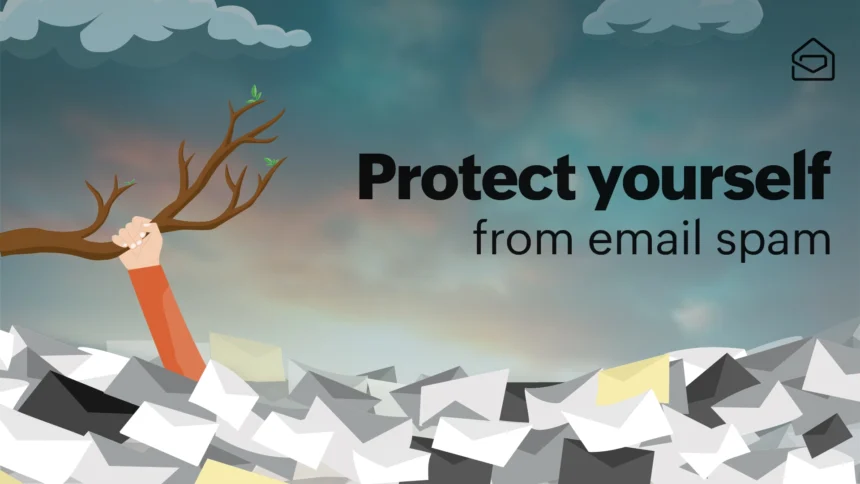Spam emails expose recipients to phishing scams, ransomware, identity theft, and spyware. These emails replicate legitimate messages and if a recipient opens them or clicks the available links, they are led to harmful sites that compromise their overall safety. But you can protect yourself by securing your emails, so here is more information about how secure emails protect against spam:
Block Emails Containing Malicious URLs
Spam emails are sent by questionable marketers and hackers. The emails contain malicious links that direct you to malware or phishing sites. Using secure emails protects you from these mishaps, and the systems use complex algorithms to scan any incoming emails for suspicious links.
The systems evaluate the content and context of the URLs to detect if they contain a database of known malicious sites. Any email containing such links is flagged and blocked from reaching your inbox. Filtering out emails with suspicious links prevents you from accessing harmful sites and falling victim to cyberattacks.
Block Emails From Certain Countries
Some geographic regions will host high volumes of spamming activities. A secure email system mitigates the risk of such emails by employing country-based blocking measures. The systems maintain lists of IP addresses from countries known as hotbeds of spamming operations. In return, they reject or divert suspicious emails from those locations.
You may also feed your email system with IP addresses of regions with whom you have no legitimate business. While this approach sometimes blocks legitimate recipients, it reduces the overall influx of spam messages and boosts the security of your email system. It’s a useful measure when trying to mitigate malicious email threats.
Use Spam Filters
Secure email systems incorporate spam filters that combine various techniques to assess incoming emails for the likelihood of being spam. The filters employ various approaches, such as sender reputation scoring and machine learning algorithms, to establish legitimacy. Spam filters check the content and structure of the emails to determine the motive of the sender before rejecting the messages. Emails that are detected to be spam are moved to spam folders or are automatically blocked from reaching your inbox. Use the latest mail server versions and anti-spam service and update spam filters regularly.
Block Connections From Suspicious Servers
Secure email systems uphold real-time databases of known suspicious email servers. The systems source data from reputable platforms. Secure emails use this information to detect any connections linked to malicious activities like phishing and malware. The servers verify incoming emails’ trustworthiness and reject messages from unauthorized sources. Secure email systems also prevent spam and boost the overall security of your email communications.
Use Secure Emails To Protect Your Communications
Email security is invaluable in various fields that deal with private information. It requires the right tools to lock spam out of your system and reduce the risk of data loss and identity theft. Protect yourself from spam by unsubscribing to irrelevant mailing lists and not leaving your email on public sites. Choose a reputable email provider for enhanced security and reliable email software.







